The Equatorial Guinea History is a tale of indigenous cultures, European colonialism, struggles for independence, and the challenges of post-colonial nation-building. Located on the west coast of Central Africa, Equatorial Guinea consists of a mainland region known as Río Muni and several islands, including Bioko and Annobón. From the early inhabitants and the impact of Portuguese and Spanish explorers to the colonial period and the complexities of modern governance, Equatorial Guinea’s history reflects a mix of cultural influences, economic transformations, and political dynamics. In this comprehensive exploration, we will delve into key periods and milestones, unraveling the layers of Equatorial Guinea’s intricate and multifaceted history.
Pre-Colonial Period:
The region that is now Equatorial Guinea has a rich history dating back thousands of years. It was inhabited by various Bantu-speaking peoples, including the Fang, Bubi, Ndowe, and others. These communities engaged in agriculture, fishing, and trade, establishing social structures and cultural practices.
The Fang people, in particular, played a significant role in the region’s history. They were known for their agricultural practices, ironworking skills, and complex social organization. The Bubi, residing on Bioko Island, also had a distinct culture with a matrilineal social structure.
Portuguese and Spanish Exploration:
European contact with the area began in the late 15th century when Portuguese explorers, such as Fernão do Pó, arrived on the coast. The Portuguese established a presence on Bioko Island, which they called Fernando Pó, and engaged in slave trade with the local populations.
In the 18th century, the Spanish showed interest in the region, and Spain and Portugal negotiated to define their spheres of influence in the Treaty of El Pardo in 1778. However, European colonization in Equatorial Guinea did not fully take shape until the late 19th century.
Spanish Colonization (19th – 20th centuries):
The scramble for Africa in the late 19th century led to the formal establishment of Spanish colonial rule in Equatorial Guinea. Spain acquired control over the territories of Río Muni, Bioko, and Annobón through a series of treaties with other European powers, culminating in the Treaty of Paris in 1900.
Under Spanish rule, the indigenous peoples of Equatorial Guinea faced exploitation and harsh conditions. Forced labor, abuses, and the spread of diseases took a significant toll on the local populations. The Spanish authorities focused on extracting resources, including timber and cocoa, leading to significant environmental and social impacts.
The Bubi people on Bioko Island and the Fang on the mainland experienced the brunt of colonial exploitation. The imposition of Spanish culture and the suppression of indigenous languages and traditions contributed to social tensions.
Post-World War II Era and Struggles for Independence:
The mid-20th century saw global shifts in attitudes towards colonialism, and the push for independence gained momentum. Equatorial Guinea was no exception, and nationalist movements began to emerge.
In 1959, Spanish Guinea (as it was known then) was granted the status of an overseas province, allowing for some representation in the Spanish Cortes. However, calls for independence intensified, and political movements sought to address the socio-economic disparities and political marginalization faced by the indigenous populations.
In 1968, Equatorial Guinea gained independence from Spain. The first president of the newly independent nation was Francisco Macías Nguema, who had played a role in the anti-colonial movements. However, the promise of a new era of self-determination quickly gave way to a period of autocratic rule and political repression.
Macías Nguema’s Regime and Authoritarian Rule (1968 – 1979):
Francisco Macías Nguema, the country’s first president, consolidated power rapidly after independence. His regime was marked by authoritarianism, human rights abuses, and a brutal crackdown on perceived political opponents.
Macías Nguema implemented policies that led to economic mismanagement, mass poverty, and the persecution of ethnic groups perceived as threats to his rule. The Bubi people, in particular, faced severe discrimination and violence.
The government’s policies led to the exodus of a significant portion of the population, including intellectuals, professionals, and those seeking refuge from political persecution. The country’s isolation from the international community deepened during this period.
Coup d’État and the Rule of Teodoro Obiang Nguema (1979 – Present):
In 1979, Francisco Macías Nguema was overthrown in a coup led by his nephew, Teodoro Obiang Nguema Mbasogo. This marked a turning point in Equatorial Guinea’s political landscape, bringing an end to Macías Nguema’s oppressive rule.
Teodoro Obiang Nguema assumed the presidency and embarked on a process of consolidating power. While the new government signaled a departure from the extreme brutality of the previous regime, it did not necessarily bring about significant democratic reforms. Obiang Nguema established a one-party state, and his rule has been criticized for human rights abuses, political repression, and corruption.
Equatorial Guinea’s oil discoveries in the 1990s brought about economic changes, turning the country into one of Africa’s major oil producers. However, the benefits of this wealth have not been evenly distributed, and allegations of corruption have surrounded the government.
Despite international criticism and concerns about human rights, Obiang Nguema has maintained a grip on power for decades. Elections have been criticized for lacking genuine competition, and political opposition has faced challenges.
Economic Development and Challenges:
The discovery of oil off the coast of Equatorial Guinea in the 1990s brought about significant changes to the country’s economic landscape. Oil exports became a major source of revenue, transforming Equatorial Guinea into one of the wealthiest nations in Africa per capita. However, the benefits of this economic windfall have not translated into widespread prosperity for the population.
The oil sector’s dominance has led to a lack of economic diversification, leaving the country vulnerable to fluctuations in global oil prices. Additionally, issues of corruption and mismanagement have hindered the equitable distribution of wealth.
While the country has seen some infrastructural development, particularly in the capital city of Malabo, large segments of the population continue to face poverty, inadequate healthcare, and limited access to education. The challenges of governance, economic inequality, and social development remain pressing issues.
International Relations and Diplomacy:
Equatorial Guinea’s foreign relations have been characterized by a desire for diplomatic engagement and economic partnerships. Despite the international community’s concerns about human rights abuses and governance issues, the country has sought to establish diplomatic ties with various nations.
The government’s efforts to attract foreign investment and partnerships, particularly in the oil and gas sector, have led to collaborations with countries such as China and various European nations. Equatorial Guinea’s membership in international organizations, including the African Union and the United Nations, has provided a platform for diplomatic engagement.
Cultural Heritage and Languages:
Equatorial Guinea’s cultural heritage is diverse, reflecting the presence of various ethnic groups with distinct languages, traditions, and art forms. The official languages are Spanish, French, and Portuguese, a reflection of the country’s colonial history.
The Fang, Bubi, and other ethnic groups contribute to the nation’s cultural tapestry. Traditional music, dance, and art play a significant role in expressing cultural identity. The use of indigenous languages is valued as a means of preserving cultural heritage.
Environmental Conservation and Biodiversity:
Equatorial Guinea is home to diverse ecosystems, including rainforests, mangroves, and coastal areas. The country’s rich biodiversity is of global significance, and efforts have been made to address environmental conservation.
The protection of the Monte Alén National Park and other conservation initiatives aim to preserve Equatorial Guinea’s unique flora and fauna. The country faces challenges related to deforestation, illegal wildlife trade, and sustainable resource management.
Conclusion:
Equatorial Guinea’s history is marked by the convergence of indigenous cultures, European colonialism, struggles for independence, and the complexities of post-colonial governance. From the early Bantu-speaking communities to the impact of Portuguese and Spanish explorers, the country’s narrative reflects the resilience and adaptability of its people.
The post-independence era, characterized by the oppressive rule of Francisco Macías Nguema and the enduring leadership of Teodoro Obiang Nguema, has brought about significant challenges. Despite the economic wealth generated by oil exports, Equatorial Guinea faces persistent issues of governance, economic inequality, and human rights concerns.
As Equatorial Guinea navigates the complexities of the 21st century, questions of political openness, social development, and sustainable resource management come to the forefront. The country’s commitment to environmental conservation, preservation of cultural heritage, and international engagement shapes its evolving narrative.
The story of Equatorial Guinea is still unfolding, with each chapter contributing to the ongoing dialogue of nation-building, identity, and development. The resilience of its people, the richness of its cultural diversity, and the challenges it faces underscore the complexity of Equatorial Guinea’s historical journey and its place in the broader context of Africa and the global community.


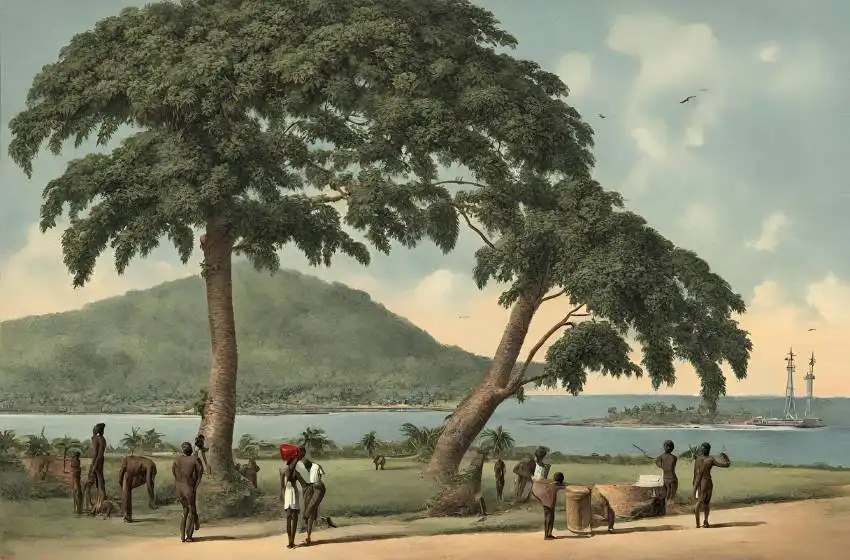
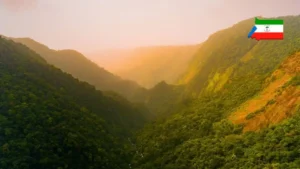
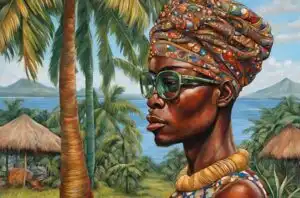
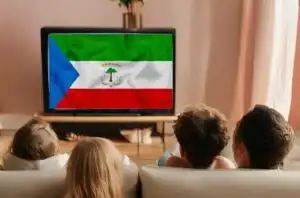
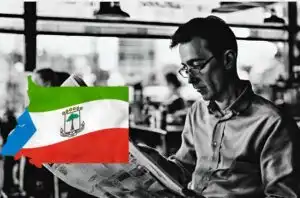
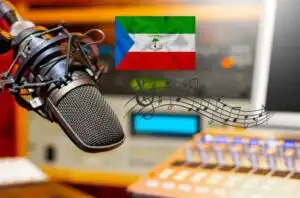
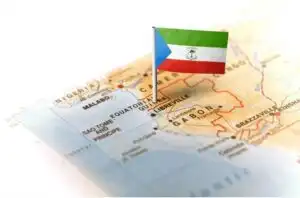
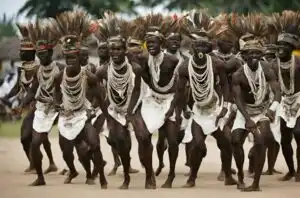
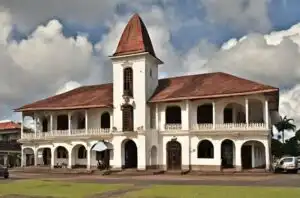
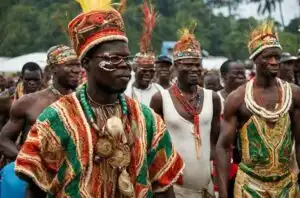

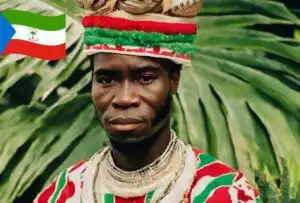

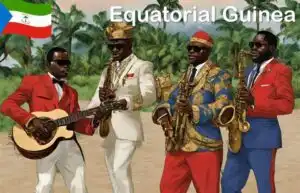


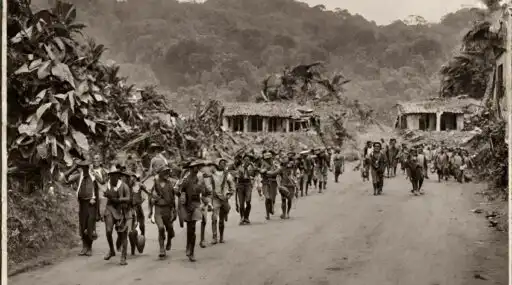


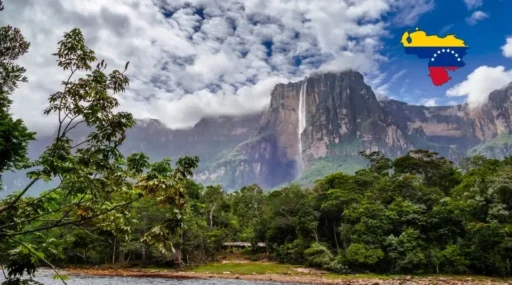
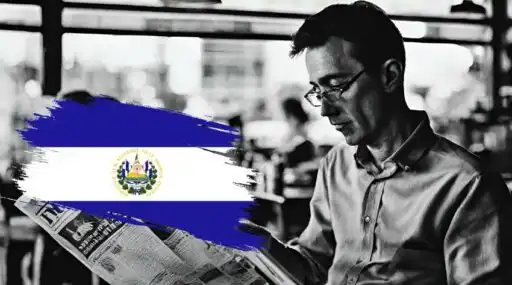





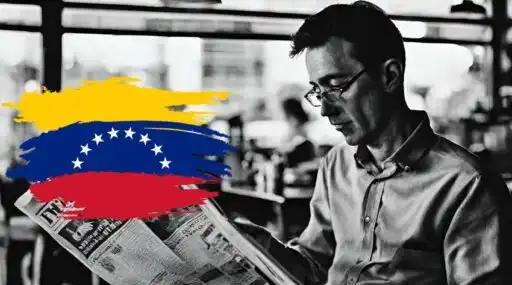

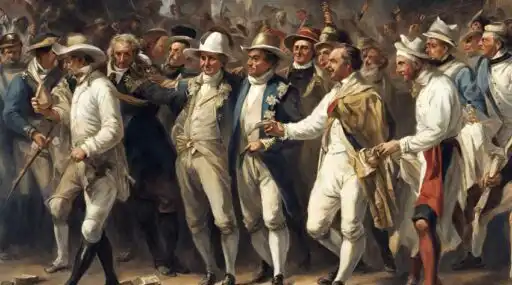
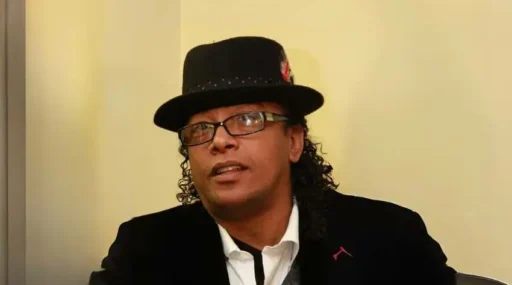
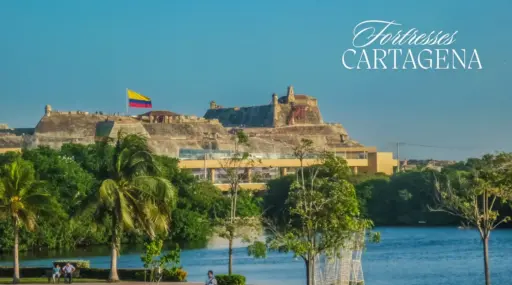




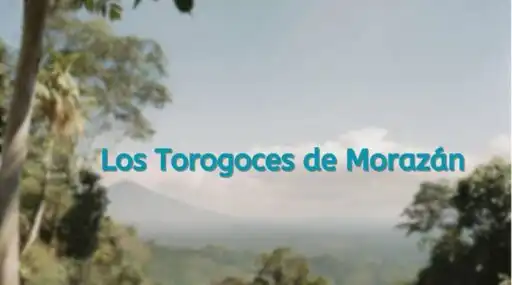

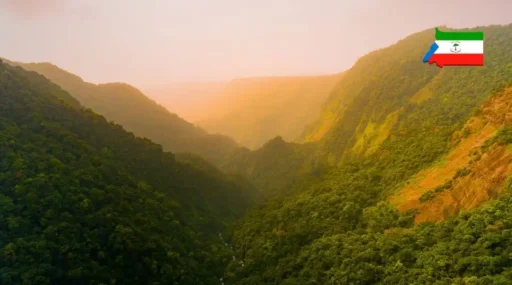


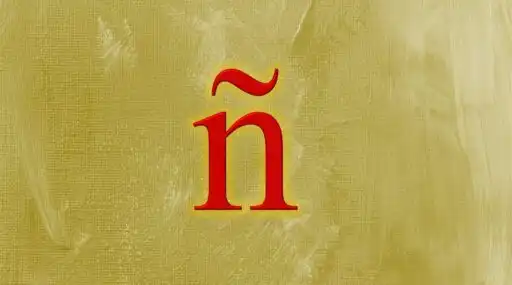
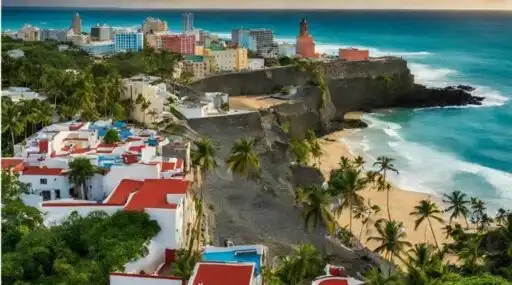
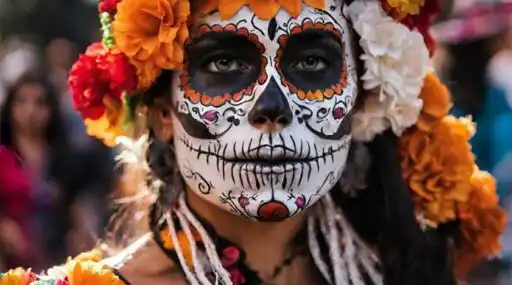
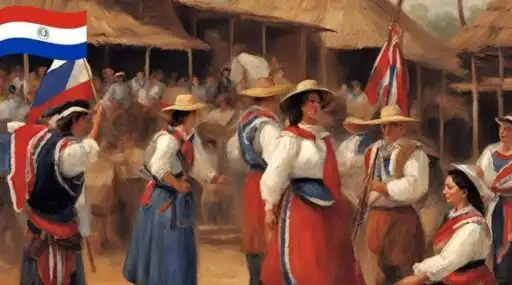
Leave a Reply